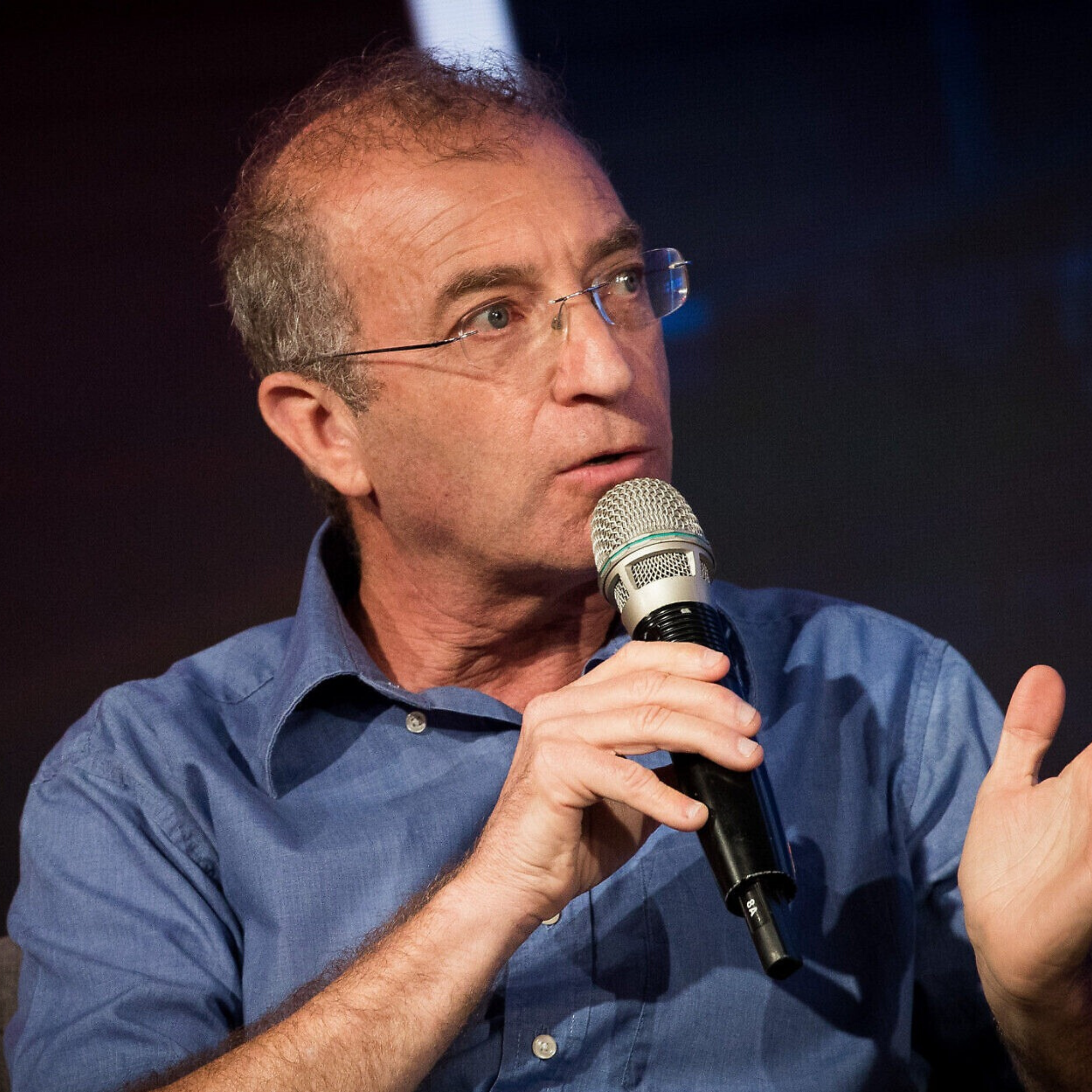Stimulus Plan is Not Enough
Protests erupted in Tel Aviv’s Rabin Square over the weekend, with thousands of young Israelis taking to the streets to voice their anger about the government’s failure to meet the needs of its citizens in the economic fallout of the COVID-19 pandemic. In response, on Sunday, Israeli Prime Minister Benjamin Netanyahu announced an 80 Million Shekel stimulus plan to “provide wage-earners, the self-employed and business owners with certainty for the coming year, for the next 12 months, money directly to the(ir) account(s)”. However, the Prime Minister and his government received renewed criticism today, as Israelis began receiving payments far less then what they thought was promised by the stimulus plan. The details of the plan included a promise that independent contractors and small businesses would be provided grants of up to 7,500 Shekel ($2,170) a month, but many were informed that they would receive as little as 2,000 Shekel ($580) a month.
The government’s decision is one in a series of decisions that have been seen by both citizens and other government officials as “out of touch” with the rest of the country and its 21% unemployment rate, particularly the statement of Shaul Meridor, the head of the finance ministry’s budget department, who criticized the stipends as a “negative incentive” to work. In response, Meir Spiegler, Director of the National Insurance Institute, said “How could he say such a thing? Has he ever been unemployed in his life? Does he know what it is like to be in a situation where he cannot meet the financial commitments he has made? Trust me, the public wants to work.” Netanyahu has since stated that the remainder of the plan will be brought to the government to approve the expansion of the package to provide the full payment to Israeli citizens, but this comes after abysmal approval ratings of him and his handling of the pandemic.
This drama unfolds at a particularly catastrophic moment in the COVID-19 pandemic, as the second wave of the virus has put Israel in a worse situation than the first wave, and it is yet to be seen if the restrictions that the government put in place at the beginning of the month were effective. Typically, patients end up in hospitals around two weeks after infection, so it will take a few more days to learn if the restrictions successfully reduced infection rates. If not, experts are suggesting the government consider reimposing restrictions similar to the first wave that could further negatively impact the country’s economy, but effectively reduce the impact of the second wave. With that said, these same experts haven’t lost hope regarding the virus. Nadav Katz of the Hebrew University of Jerusalem’s Racah Institute of Physics said “It’s not a Greek tragedy, the future isn’t written yet…We have the power to turn it around and dodge this bullet”, and Prof. Jonathan Halevy, president of Jerusalem’s Shaare Zedek Medical Center and a member of a Health Ministry public information team, mentioned in a statement about the capacity of the country’s hospitals that he was “confident about the next few months”, and “optimistic about the winter.”


